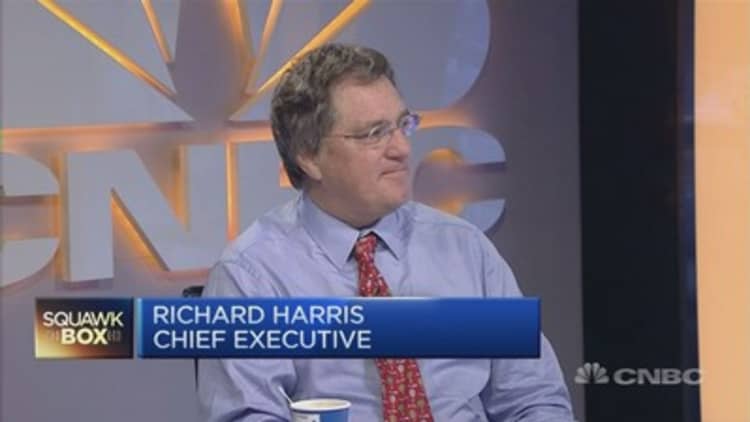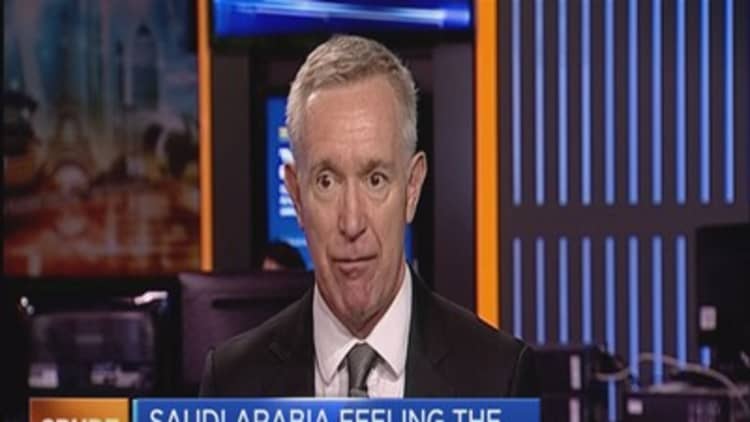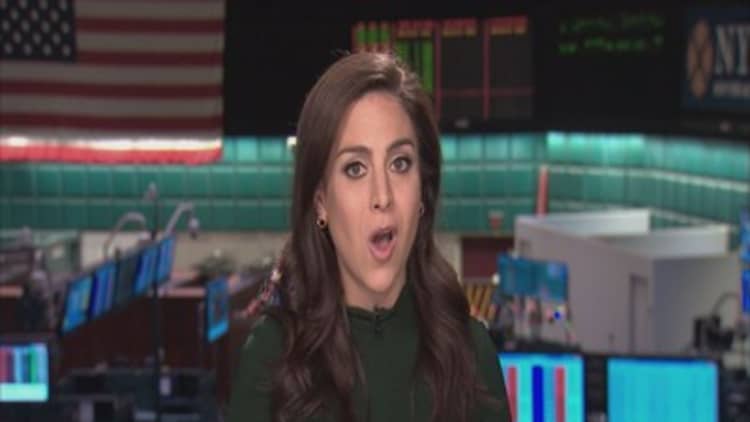


Saudi Arabia on Monday unveiled spending cuts in its 2016 budget, subsidy reforms and a call for privatizations to rein in a yawning deficit caused by the prolonged period of low oil prices.
The Gulf kingdom has kept oil production at high levels in an attempt to force out higher-cost producers, such as shale, and retain its market share. But this year's deficit ballooned to 367 billion Saudi riyals ($97.9 billion,) or 15 per cent of gross domestic product, as oil revenues fell 23 per cent to Sr444.5 billion.
Seeking to ward off future fiscal crises, the ministry of finance confirmed wide-ranging economic reforms, including plans to "privatize a range of sectors and economic activities".
Riyadh would revise energy, water and electricity prices "gradually over the next five years" to optimize efficiency while minimizing "negative effects on low and mid-income citizens and the competitiveness of the business sector," it added.
The first reforms will be effective from Tuesday, including an increase in gasoline prices, a rise in electricity tariffs for the wealthiest consumers, a modest increase in water costs for all, and changes to all energy prices for industrial users.
The government will also seek to implement a plan for the introduction of a sales tax across the six Arab Gulf states.
The success or failure of the reforms will help define the legacy of King Salman bin Abdulaziz al-Saud and his influential son, Deputy Crown Prince Mohammed bin Salman, who is overseeing the program.
Investors experienced plenty of shocks during 2015, the FT looks at the highs and lows including currencies, emerging markets, bonds, equities and commodities
The kingdom's austerity and reform program, a reaction to the past decade of profligate spending, has raised alarm among parts of the country's business community, who are already reeling from this year's cuts that have triggered widespread delays in government payments.
Radical reforms to the social contract between Saudi citizens and the ruling al-Saud family also threaten discord at a time when Islamist extremist groups such as Isis have threatened the country.
Real gross domestic product this year is expected to rise by 3.35 percent, with the private sector growing at 3.74 percent.
"We see real GDP growth decelerating sharply in 2016, albeit remaining positive," said Monica Malik, chief economist with Abu Dhabi Commercial Bank. "Non-oil GDP is forecast to moderate with the lower government spending feeding into the wider economy."
The government's austerity measures have been accompanied by extra spending items, such as the Saudi-led war in Yemen and Sr88 billion in bonus payments for civil servants when King Salman ascended to the throne in January.
The 2016 budget envisions spending Sr840 billion in 2016, compared to the Sr975bn that is forecast to have been spent this year and Sr1.14tn in 2014. Actual spending has outstripped projections by as much as a quarter for the past decade, but the government is trying to instil greater fiscal discipline.
Revenues in 2016 are forecast at Sr514bn, down from Sr608bn this year. The budget projects a deficit of Sr326bn in 2016.


